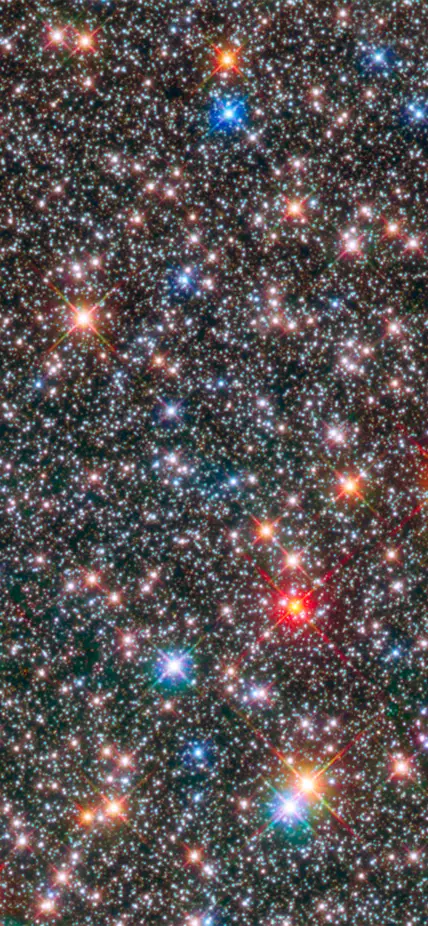In the days after the death of Stephen Hawking, some of our scientists reflected on meeting him, on his contributions to science and science communication, and his impact on humanity.
ALAN BOSS, DEPARTMENT OF TERRESTRIAL MAGNETISM:
"I met Stephen Hawking in the winter of 1973-74 when I was a graduate student in physics at UC Santa Barbara. Hawking was already confined to a motorized wheel chair, though he could speak without a voice synthesizer. He gave a seminar about the work that he was doing with UCSB physics professor James B. Hartle. That collaboration led to their discovery that under certain circumstances, a black hole could emit radiation, as a result of quantum mechanical processes around a Schwarzschild black hole. The resulting Hawking-Hartle radiation can result in the evaporation of black holes that are not gaining mass. Hawking continued to work with Hartle, publishing their last paper in 2014. I studied General Relativity under Hartle after Hawking visited UCSB. Forty years later, in 2015, the first convincing detection of a gravitational wave was accomplished by the Laser Gravitational Wave Observatory, waves predicted to exist by General Relativity. The waves were produced by the catastrophic merger of two black holes. This discovery opened up a new arena of scientific advances, similar to that of the first convincing discovery of an exoplanet in 1995. In spite of his disease, Hawking lived long enough to witness the epochal discovery of gravitational waves."
_____
ANDREW BENSON, CARNEGIE OBSERVATORIES:
"Stephen Hawking made huge advances in our understanding of black holes and cosmology. Maybe even more impressive, he was able to communicate those ideas in such a way that everyone could appreciate their elegance adn share his excitement in understanding our universe."
_____
ALEX BORTVIN, CARNEGIE EMBRYOLOGY:
"Celebrating the life of a great intellectual, his courageous mind and humanism. Immortal in so many ways."
_____
JOHANNA TESKE, CARNEGIE OBSERVATORIES & DEPARTMENT OF TERRESTRIAL MAGNETISM:
"Dr. Hawking was a major contributor to, and helped fuel, my interest in science in middle and high school. A Brief History of Time sat above my bed for years, always at arms reach."
_____
ANDY McWILLIAM, CARNEGIE OBSERVATORIES:
"Stephen Hawking's life reminds us that the greatest minds often reside in the bodies of marginalized people, including not only those individuals, like him, with physical disabilities, but also those whom society devalues due to their religion, culture, or nationality, and those who are unjustly disadvantaged because of their race, gender, or sexuality. If we choose not to value those who are different, then society loses and the bar for discrimination moves lower. With equality and diversity lies strength. His life also reminds us of the humanity we all have in common—even those with the most brilliant of minds—and that we all share similar joys, passions, problems, and frailties. Such things connect us all. Despite barely being able to move, his life was rich in experience; he explored the universe and shared what he saw with the world."
____
